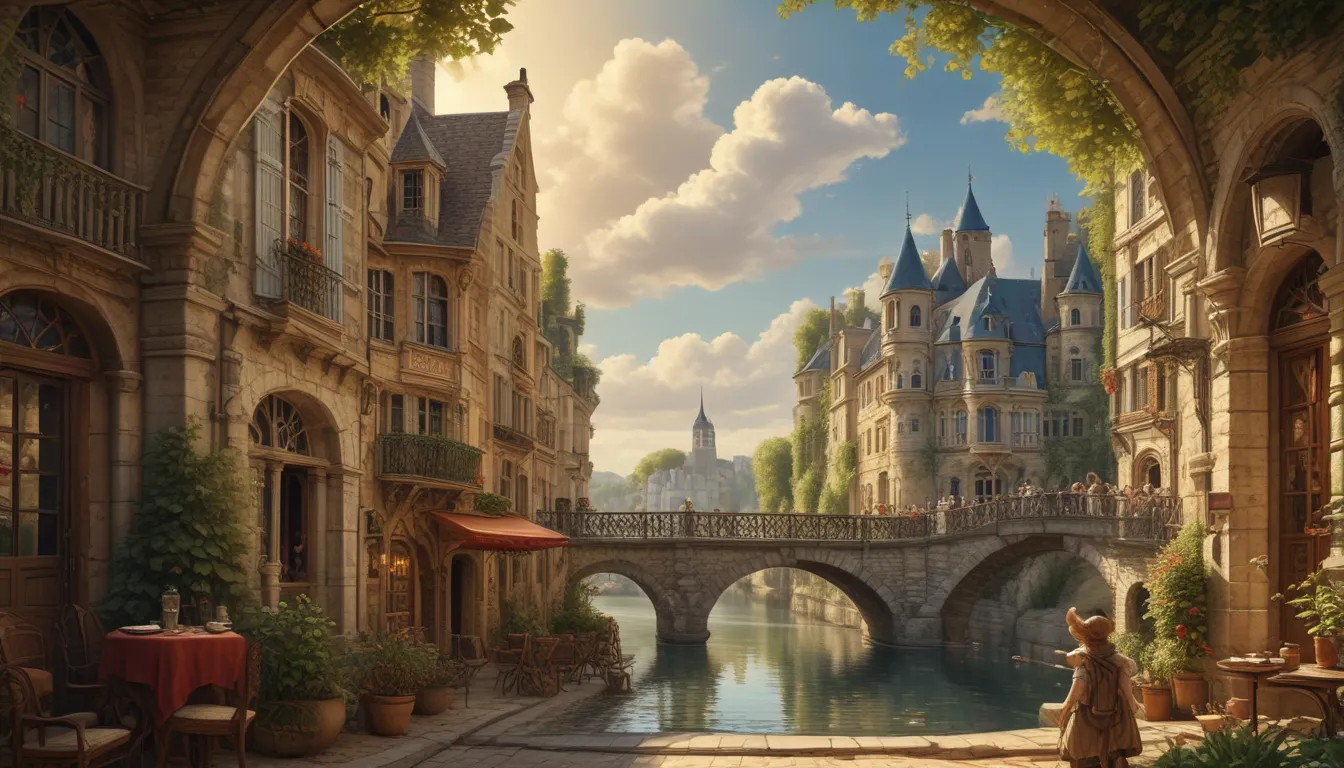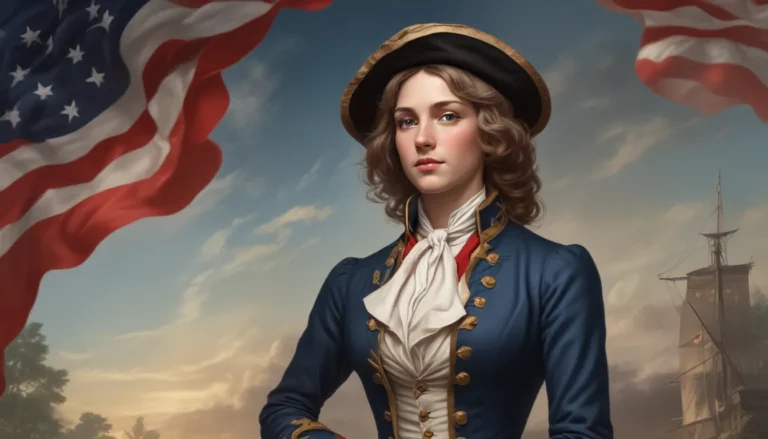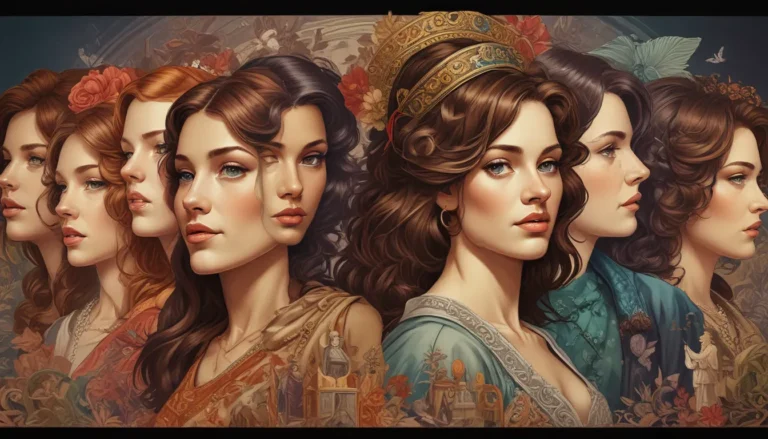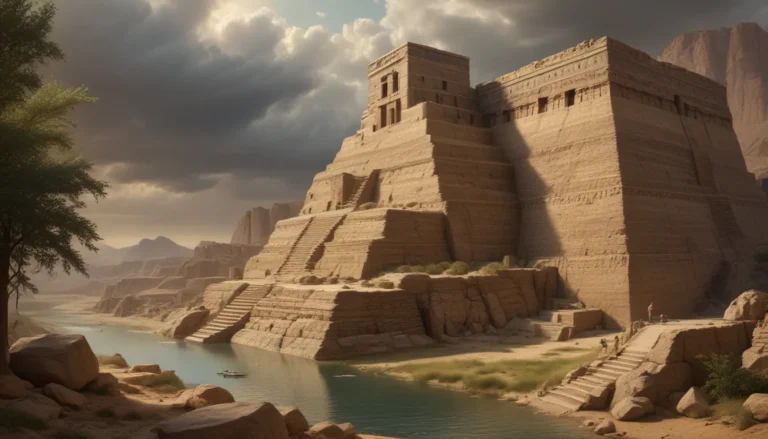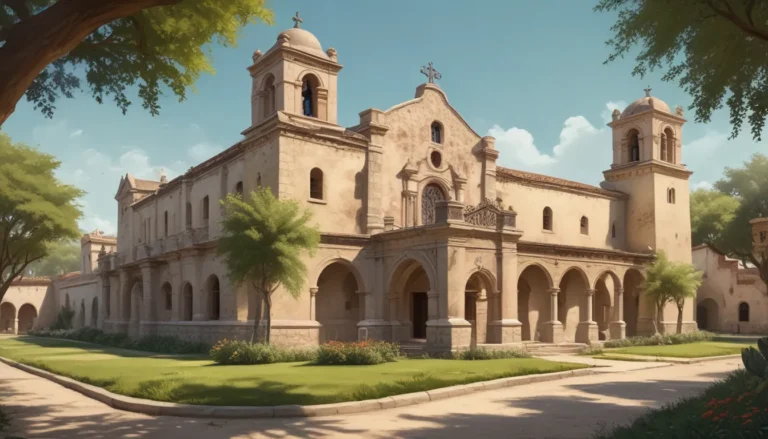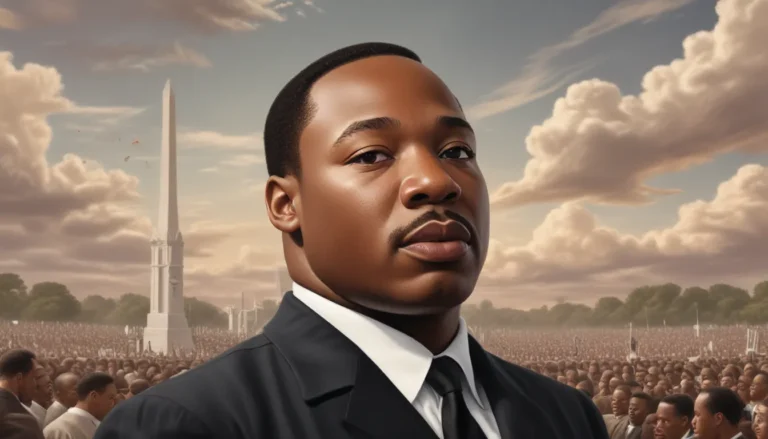The images in our articles may not match the content exactly. They are used to grab your attention, not to show the exact details in the text. The images complement the text but do not replace it.
France, a country renowned for its rich history, has witnessed the rise and fall of empires, revolutions, and cultural revolutions that have shaped the nation into the powerhouse it is today. Join us on a journey through time as we uncover 23 fascinating facts about French history, from its ancient origins to its modern-day influence on the global stage.
The Origins of France
France, known for its romantic charm and artistic flair, traces its roots back to the ancient region of Gaul, inhabited by Celtic tribes known for their fierce warriors and intricate art.
- Julius Caesar’s conquest of Gaul in 58-50 BC integrated the region into the Roman Empire, introducing Roman culture, language, and architecture.
The Birth of the French Kingdom
After the collapse of the Roman Empire, the Franks, a Germanic tribe, emerged as a dominant force in Gaul.
- Clovis I, the first king to unite all Frankish tribes, converted to Christianity in 496 AD, laying the foundation for France’s Christian identity.
- The Treaty of Verdun in 843 AD divided the Carolingian Empire, setting the stage for the emergence of modern France.
The Hundred Years’ War
One of the pivotal chapters in French history was the Hundred Years’ War, a series of conflicts against England that lasted much longer than a century.
- Key battles like Agincourt and Orleans defined the war, with Joan of Arc emerging as a national heroine and instrumental in the French victory.
The French Renaissance
The French Renaissance ushered in a period of cultural and artistic flourishing inspired by Italian Renaissance.
- In the late 15th century, French artists and scholars were influenced by their Italian counterparts, leading to significant developments in art, architecture, and science.
- The Château de Chambord, a hallmark of French Renaissance architecture, exemplifies the era’s innovative designs and the opulence of the French monarchy.
The French Revolution
The French Revolution of 1789 marked a turning point in French society, leading to the end of absolute monarchy and the rise of a republic.
- The storming of the Bastille on July 14, 1789, symbolized the revolution’s start, culminating in the Reign of Terror and the execution of King Louis XVI and Queen Marie Antoinette.
Napoleon Bonaparte and the Empire
Napoleon Bonaparte, a military general turned emperor, significantly impacted Europe through his Napoleonic Code and conquests.
- Napoleon’s Napoleonic Code reformed legal systems across Europe, leaving a lasting legacy.
- The Battle of Waterloo in 1815 marked the end of Napoleon’s reign, leading to his exile and the restoration of the Bourbon monarchy.
The World Wars and Modern France
France’s involvement in World War I and World War II played a crucial role in shaping the country’s modern identity.
- World War I saw devastating battles on French soil, while the French Resistance played a key role in World War II.
- Charles de Gaulle’s leadership in liberating France from Nazi Germany and establishing the Fifth Republic left a lasting impact on French politics.
France Today
In the post-World War II era, France has undergone significant economic, social, and political transformations.
- As a founding member of the European Union, France promotes economic cooperation and stability in Europe.
-
French culture, known for its cuisine, fashion, and art, continues to influence global trends.
-
The French Republic’s principles of liberty, equality, and fraternity, born from the French Revolution, remain central to French identity.
-
France’s global influence in politics, economics, and culture continues to shape the world.
-
The Grandes Écoles, part of the esteemed French education system, produce leaders in various fields like science, engineering, and humanities.
- France’s commitment to healthcare and social welfare is evident in its comprehensive public health system.
- As a leader in environmental policy, France aims to be carbon neutral by 2050.
A Tapestry of French History
As we conclude our exploration of 23 intriguing facts about French history, we reflect on the enduring legacy of a nation that has left an indelible mark on the world. From the ancient Gauls to the modern-day French Republic, each chapter of history paints a unique portrait of resilience, innovation, and cultural richness. Let these facts serve as a gateway to understanding the complexities and triumphs of French history, inviting you to delve deeper into the stories that have shaped a nation and influenced the global landscape.
Embracing a Legacy of Credible Content
At Bukowskis.com, we take pride in delivering trustworthy and engaging content that reflects the diverse insights and contributions of our users. Each fact undergoes meticulous review by our dedicated editors to ensure accuracy and credibility, allowing us to provide a platform where history comes alive with authenticity and depth. Join us in the journey of exploration and discovery as we continue to share the fascinating tapestry of French history with you.
